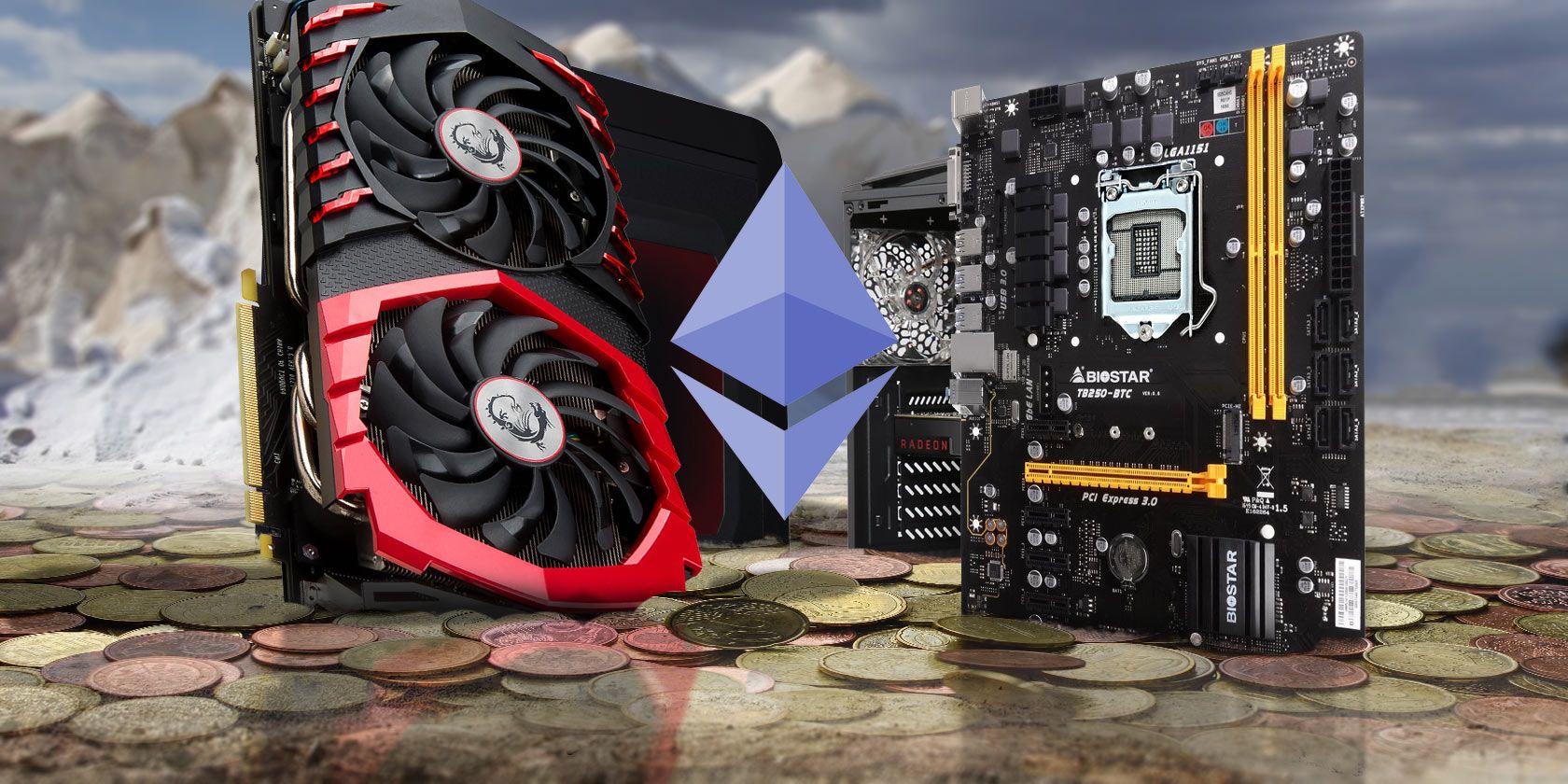

The blockchain itself consists of a linear string of data blocks that contain 1MB of transaction data per block.

The coins can never leave the blockchain, and even when you’re storing them in a crypto wallet, they are still on the blockchain. The public address and private key are the two factors that determine the blockchain location and ownership over a certain amount of BTC.īasically, when you’re transferring bitcoins, you’re just sending a cryptographic message through the blockchain that needs to be validated by network nodes. Without a private key, you can’t access or manage your cryptos. A private key is a sort of password that proves a user’s ownership over a certain number of BTC. When a Bitcoin user wants to transfer some coins to another address or exchange account, they need to use their private key to manage their funds. This provides a certain degree of anonymity to Bitcoin users. Anyone can also see the exact number of BTC in all available Bitcoin addresses on a block explorer, but no one knows the person behind a certain address because the public addresses aren’t associated with personal information. It’s a public ledger, which means that anyone can track any transaction through a blockchain explorer like.
#Mine bitcoin on mac full#
A blockchain is a form of distributed, public ledger that shows the full transaction history of all transfers on the BTC blockchain.

In 2009, when Bitcoin was launched, it introduced blockchain technology as a viable solution for facilitating fast, cross-border transactions between any two blockchain addresses in the world, regardless of geographic location.


 0 kommentar(er)
0 kommentar(er)
